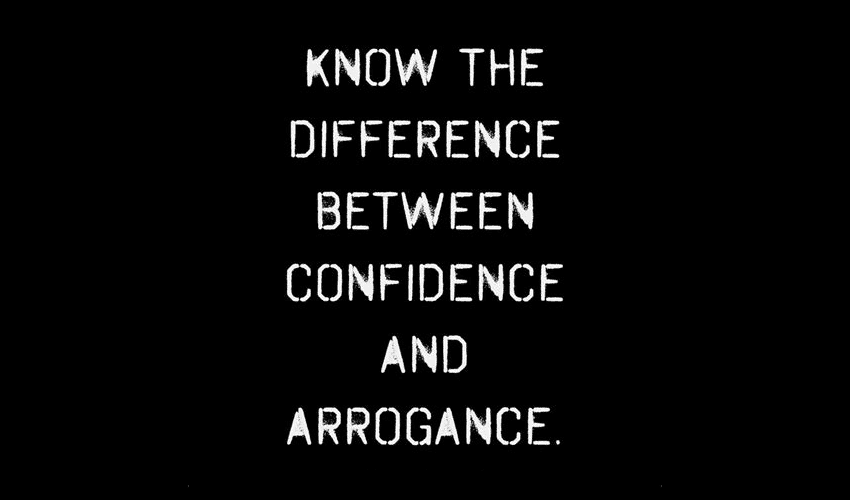New Year, New You? How Not to Sabotage Your Growth
(Or Your Executive Coach)
It’s the New Year. As is custom, many people start the year with good intentions. As an executive coach, I observe that rite of passage each year: every early January brings a markedly increased number of inquiries for coaching.
Most people, though, won’t make good on their resolutions. In fact, statistics show that only 8–9% of people feel they are successful in achieving their goals. So, will coaching give you a better shot at accomplishing your goals? Maybe.
While coaching is a proven tool to support career and leadership growth goals, not every coaching process fulfills its promise. But before you blame your coach — or your choice of coach — let’s look at how you may undermine what coaching can do for you.
As a coach of many years, I see common patterns amongst those clients who are able to accomplish their coaching goals and create positive, sustainable behavior change for themselves. Here’s what I see.
1. Realistic time-frame
Depending on your goal, you will need 3–12 months of regular, committed work to change habits, start seeing outcomes, and have your environment notice.
2. Clear and measurable goals
This may seem more obvious than it is because so much has been said about the importance of having measurable, realistic, timed goals. But, depending on your aspiration, that can be easier said than done. Take “having more meaning in my job” or “starting a business”. It’s easy to express goals that are too vague or too big. Breaking intentions and aspirations down into achievable goals is already one way in which coaching helps. (You can scope out coaching priorities here…)
3. Ambitious goals
Not being ambitious enough with your goal hurts the process. Seems paradoxical? We are less motivated to make a true effort if the promise of our goals is only lukewarm.
4. Achieve and maintain “critical momentum”
You don’t train for a 10K run by exercising once a week. Similarly, you have to have a weekly or least bi-monthly established rhythm of meeting with your coach — otherwise, you won’t gather momentum to make real sustainable changes.
5. Show up for a session knowing what you want from it
As much as you need to know the goal you are working towards overall, know for each session what you hope to get out of it. It takes five minutes to think about it and will help your coach to be a more effective partner.
6. Make time after a session to let insights sink in rather than rushing into next scheduled commitment
T.S. Eliot said, “we had an experience but we missed the meaning.” Don’t miss yours. A good session will create clarity — and clarity begets action. The noise of our daily business often pulls us back into the fog and diminishes our sense of agency.
7. After each session, summarizing concrete things to do, try, or stop
Mine your coaching session for insights and action items and intentions — right after the session. Do it. Experiment. Learn. Steve Jobs said, “real artists ship”. Don’t justthink about your “opus” — do something to create it.
8. Keep a journal and track critical goals/behaviors consistently
Most of the transformative work during a multi-month coaching process happens between sessions — not in them. Not journaling and tracking progression diminishes this opportunity. Marshall Goldsmith, the renowned executive coach, says “measure fewer things more often”. In fact, use a 1–10 scale and ask yourself daily how you are doing in regard to living your essential commitments / progressing towards your goal.
9. Don’t be defensive when challenged by your coach
When you hire a personal trainer you don’t want her to tell you it’s okay to stop when you get winded. If an executive coach challenges your status quo thinking and acting — and you fight it (by saying “no”, “but”, “however”, “maybe” — and other ways to be defensive or evasive) — why bother? If you keep doing the same, you’ll get the same results. You started coaching to accomplish something that matters to you. Most likely, that will involve you doing things differently. Accept the challenge, change your coach, or ask if coaching is the right thing for you at this moment.
Best of luck.
———————
Yosh Beier is a Certified Marshall Goldsmith Stakeholder-Centered Executive Coach and high-performance team coach. He is the co-founder of Collaborative Coaching which supports the growth of leaders and teams.

